There are multiple reasons you might get a negative pregnancy test even though your period is late or absent. Common causes include testing too soon or experiencing significant stress.
Pregnancy testing has evolved considerably. In the past, people had no dependable way to confirm pregnancy without a healthcare visit. It wasn’t until the first at-home pregnancy test appeared in 1976 that people could verify a pregnancy from home.
Even with these advances, much about the menstrual cycle remains unclear.
You might have a delayed or skipped period but still receive a negative pregnancy test result. In those cases, you may wonder what’s happening. Are you pregnant or is something else going on?
Below are several reasons your period could be late despite a negative pregnancy test.
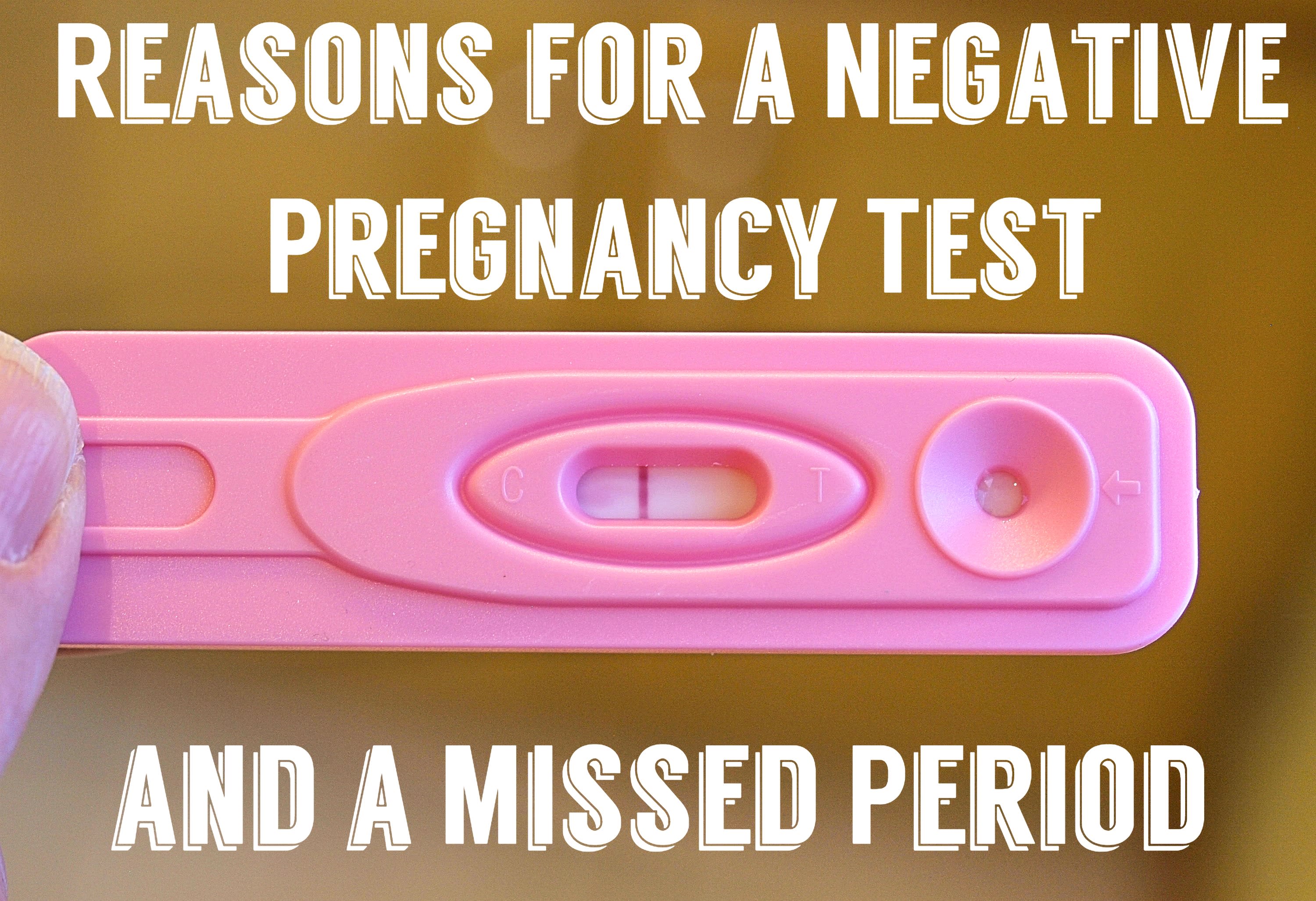
1. Low hormone concentrations
If you’re trying to conceive, there’s a possibility you are pregnant. Early in pregnancy, levels of the hormone human chorionic gonadotropin (hCG) may be too low for an at-home pregnancy test to detect.
Menstrual cycles vary greatly, so if conception occurred later in your cycle, hormone levels at the time of your expected period might not yet be high enough to register on a test.
There can be as much as a 14-day variation in ovulation timing, which means you might think you’re 4 weeks pregnant when you’re actually only 2 weeks along. Factors like pregnancy spotting, recent hormonal contraceptive use, or breastfeeding can also make it hard to determine your exact dates.
If you suspect pregnancy after a missed period but received a negative result, wait a few days and test again. If you continue to miss periods, consult a healthcare provider to rule out any complications.
2. Ectopic pregnancy
Although uncommon, an ectopic pregnancy can sometimes produce a negative pregnancy test. That said, this is extremely uncommon.
Seek immediate medical care if your test is negative but you experience any of the following:
- severe lower abdominal pain or pain concentrated on one side
- dizziness or lightheadedness
- bleeding or spotting
- nausea and vomiting
3. Lifestyle influences
Various external factors can impact your menstrual cycle, such as:
- stress, which can postpone your period
- poor nutrition, which can disrupt cycle regularity
- excessive caffeine intake, which may worsen symptoms like cramps
Sudden routine changes, such as intense workouts or switching to night shifts, can also lead to irregular periods.
4. Breastfeeding
Breastfeeding or chestfeeding can bring about some cycle irregularities. After childbirth, even when menstruation resumes, it may take time for cycles to return to their previous pattern.
Breastfeeding patterns can shift from month to month. As infants grow, feeding frequency often changes. For instance, a growth spurt that increases nighttime feedings can disrupt your menstrual rhythm.
Read more: Why women get irregular periods while breastfeeding »
5. Underlying medical issues
Conditions like polycystic ovary syndrome (PCOS) or thyroid dysfunction can cause irregular cycles and missed periods. Some people experience very light bleeding, some very heavy, and others may skip periods entirely.
Menopause usually begins between certain ages, though it can occur earlier for some individuals. If you’ve missed your period for more than 90 days and are not pregnant, consider consulting a clinician to evaluate possible underlying conditions.
6. Medications
Contraceptives can cause changes in your cycle. Other medicines, including some blood pressure or allergy drugs, may also lead to missed or irregular periods.
Frequently Asked Questions
Why are my pregnancy tests negative but I have no period?
There are many reasons pregnancy tests might be negative while you don’t get your period. These include low hCG levels, testing too early, or experiencing substantial stress.
Can you be 5 weeks pregnant and still test negative?
It’s possible to be 5 weeks pregnant and still have a negative test, though that is uncommon.
Can twins produce a negative pregnancy test?
In some instances, multiple pregnancies like twins can affect hCG patterns and lead to unexpected test results. Similar variations can occur with triplets or quadruplets.
Takeaway
There are numerous explanations for a negative pregnancy test following a missed period. You might have an undiagnosed condition such as PCOS, be under significant stress, or have other factors at play.
After a negative result, wait several days to a week and test again. If a second test is negative and your period still hasn’t arrived, schedule an appointment with your healthcare provider promptly.

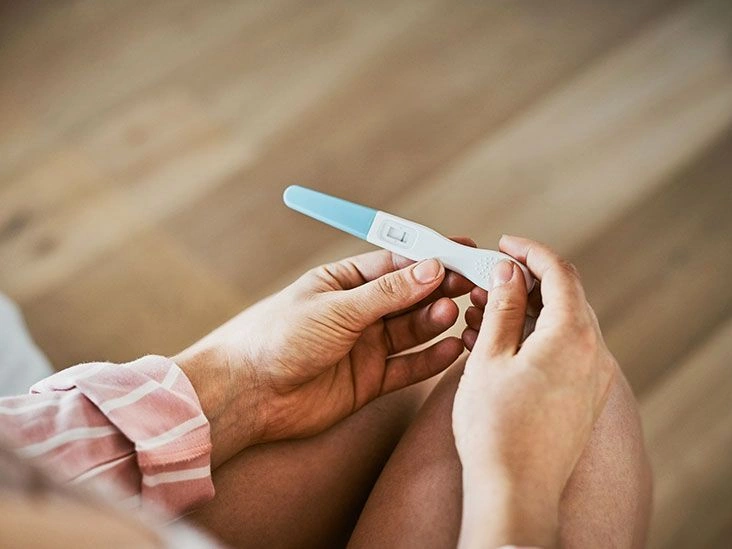




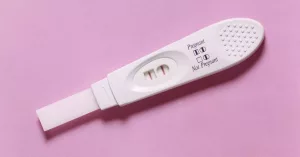

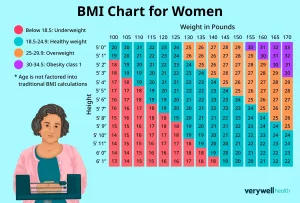













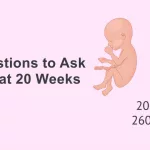

Leave a Reply
You must be logged in to post a comment.